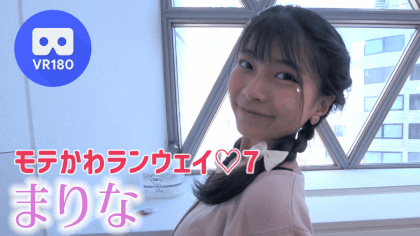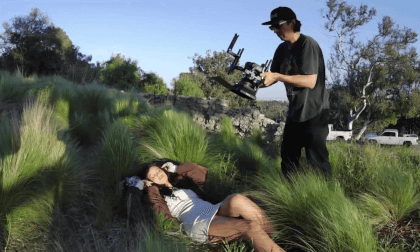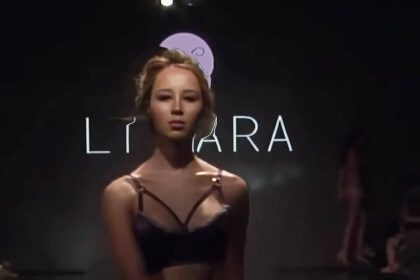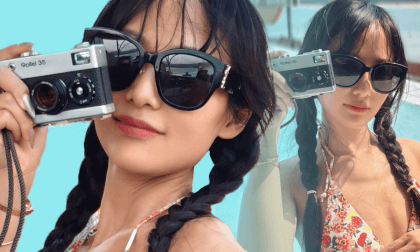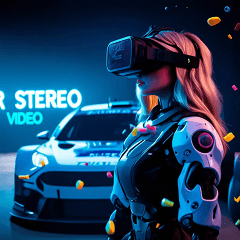
New: AI passthrough!
This amazing Deo feature uses the power of AI to turn every VR scene into AR passthrough! Now you can take characters out of VR and have them right there with you - as if they were in the same room.
Notice: AI Passthrough is presently in beta mode, and as such, users may encounter occasional service imperfections. The feature is currently exclusive to the DeoVR app, but it will soon be accessible on both browsers and mobile devices. Your feedback is highly encouraged and appreciated.
Recommended headsets:
Meta Quest 3, and Quest Pro with stereoscopic color passthrough, Pico 4 (monoscopic color passthrough).
Compatible headsets:
Quest 2, Valve Index (monoscopic black and white passthrough).
Passthrough is not compatible yet for Oculus Link cable.
Check out our complete guide to passthrough and join in the discussion at our busy forum.
Recorded at Gala Art East Models Awards, where Laura Cosoi's sister, Alina Cosoi, is an organizer.
I've initially rendered the video in 3D 360 for optimum stabilization, this is the 3D 360 version.
Rendered in free and open source software, as usual, as in the blog post tutorial and those to follow.
https://deovr.com/blog/78-tutorial-beginners-guide-to-shotcut-free-vr-video-editor
Final render in Shotcut after denoising and sharpening with ffmpeg but this starts to show the limitations of the software. There is detail in the shadows that Shotcut doesn't bring out when this was shot at ISO 400 for low noise and maybe not even ffmpeg can do that. This is why the thumbnail has better dynamic range than the video, the thumbnail was edited in GIMP to also remove my shadow. Shotcut is best for those that want to do non-professional editing on a budget, which is most people. I might edit it again some other time to bring out the detail in the shadows.
Also, Shotcut didn't do a great job on handling the slowmotion, unlike Powerdirector for example, I had to use a workaround involving Avidemux. The slowmotion was made with Flowframes AI interpolation.




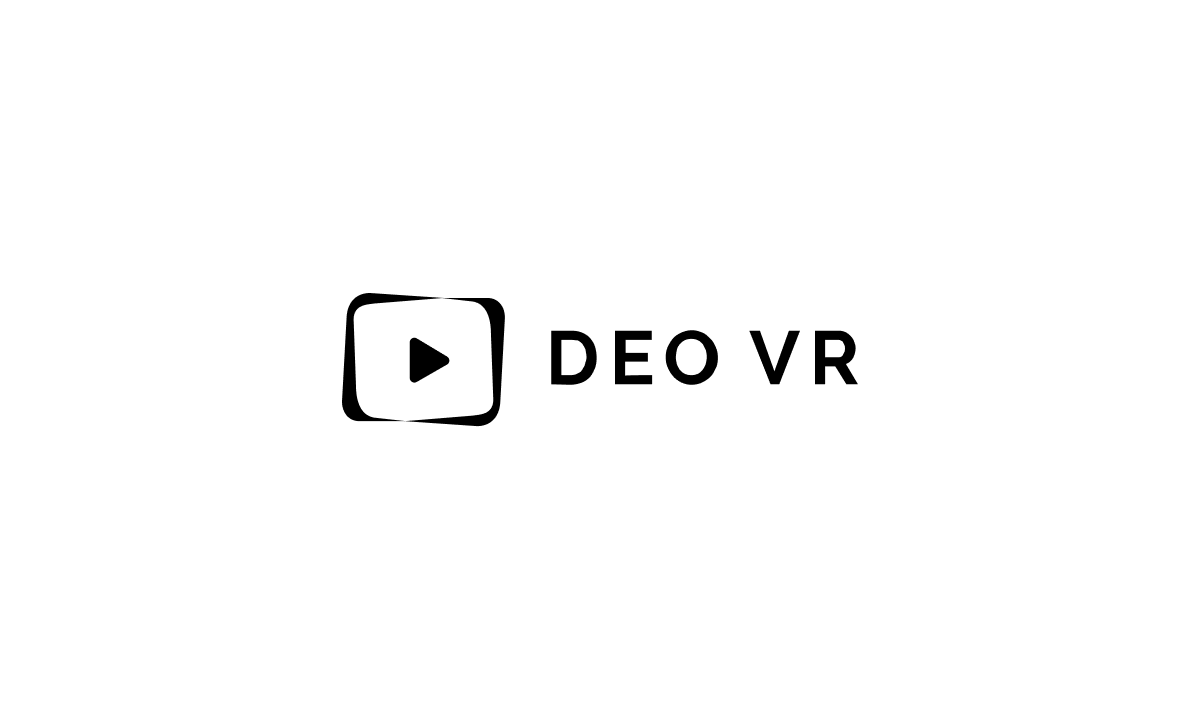



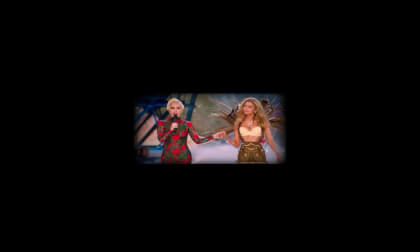

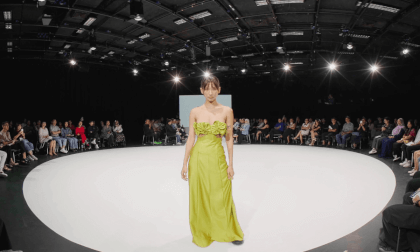

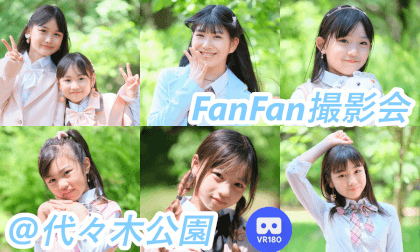

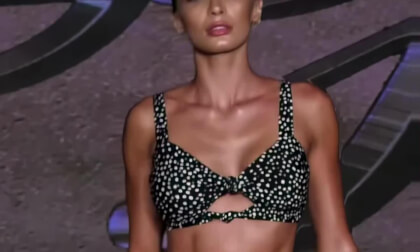

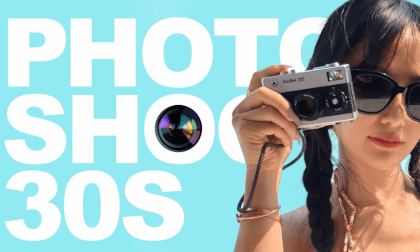

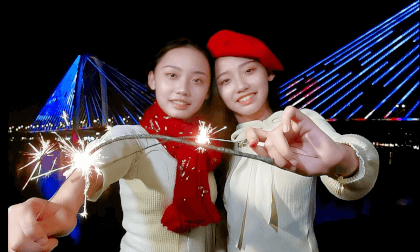

![2023 Guangdong Hong Kong Macao Greater Bay Area Auto Show - GAC Trumpchi Model Performance Live [VR180&3D Stereoscopic] 2023 Guangdong Hong Kong Macao Greater Bay Area Auto Show - GAC Trumpchi Model Performance Live [VR180&3D Stereoscopic]](https://cdn-vr.deovr.com/images/20853/43739_-cover-app.jpg)

